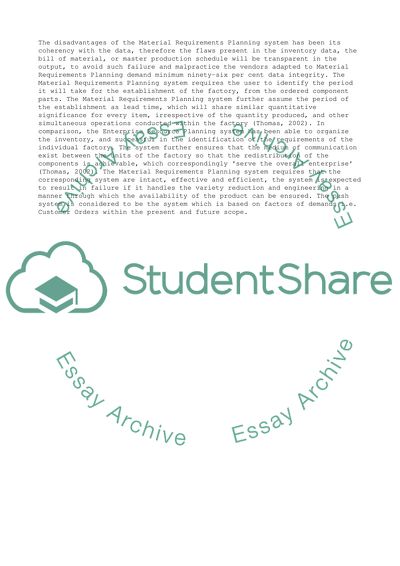Cite this document
(“The Directors and Management of the Limited Company Research Paper”, n.d.)
The Directors and Management of the Limited Company Research Paper. Retrieved from https://studentshare.org/management/1499459-international-management-accounting-essay
The Directors and Management of the Limited Company Research Paper. Retrieved from https://studentshare.org/management/1499459-international-management-accounting-essay
(The Directors and Management of the Limited Company Research Paper)
The Directors and Management of the Limited Company Research Paper. https://studentshare.org/management/1499459-international-management-accounting-essay.
The Directors and Management of the Limited Company Research Paper. https://studentshare.org/management/1499459-international-management-accounting-essay.
“The Directors and Management of the Limited Company Research Paper”, n.d. https://studentshare.org/management/1499459-international-management-accounting-essay.


